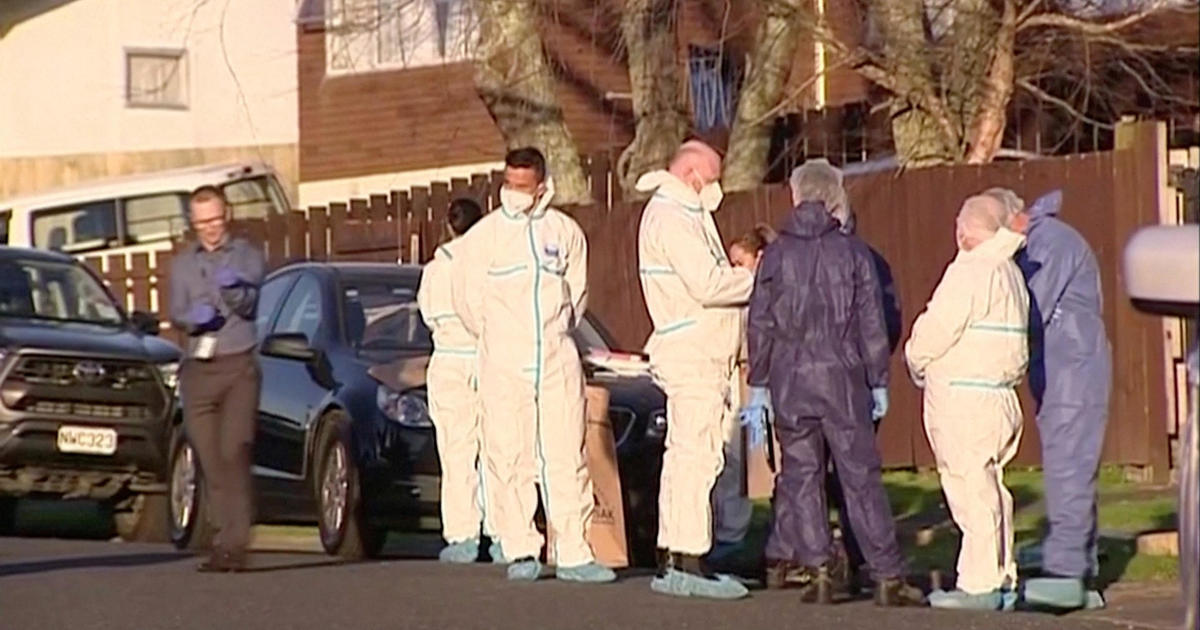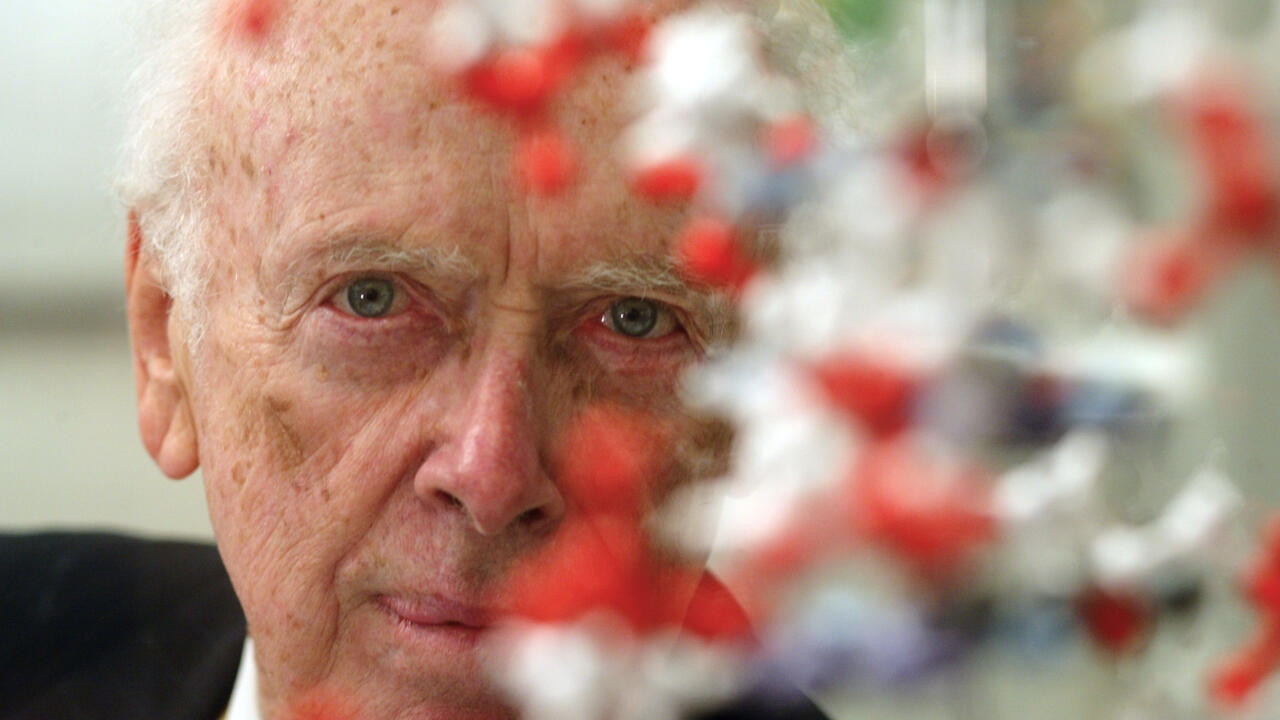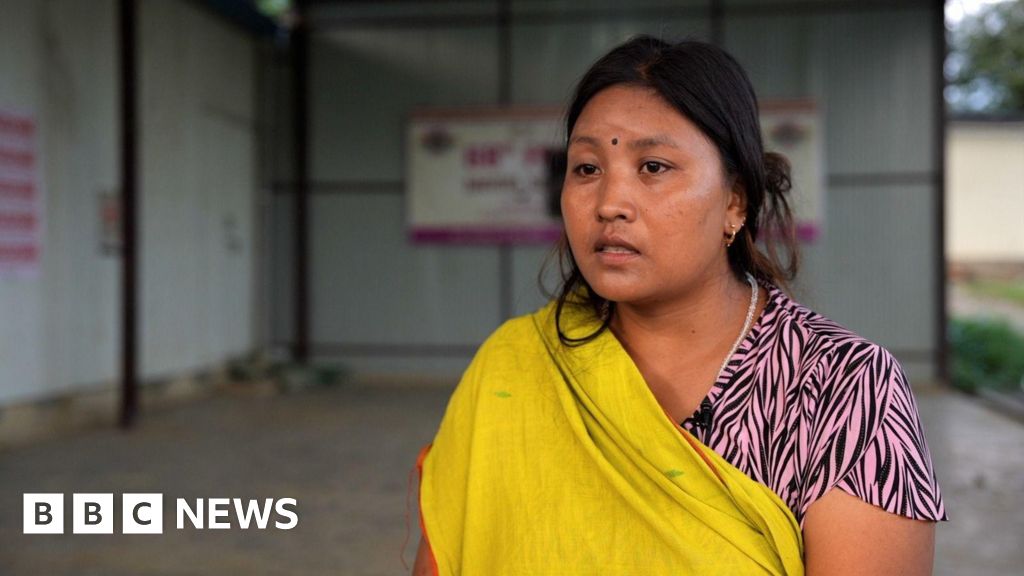
UAE expands fostering access, giving vulnerable children stability / AI Generated Image
If you've ever dreamt of expanding your family, the door is now wider than ever! Thanks to new, progressive legal amendments, the UAE has completely simplified and broadened who can apply for guardianship.
Fostering a child in the Emirates, under the compassionate system called Kafala, is no longer limited by your nationality or religion.This is your straightforward guide to understanding the system and preparing your family for this rewarding journey.
Are you eligible to foster in the UAE?
Under the revised framework, eligibility broadened. Married couples who are both UAE residents and meet standard checks can foster. Single women, long excluded in many jurisdictions, can apply when they are at least 30.
The age floor for married applicants is generally 25. These adjustments are significant because they recognize the diverse family forms that exist in the UAE today, families made by migration, by career choices, and by blended lives that don’t always match the “traditional” template.But broadened access does not mean lax standards. Prospective carers must still pass criminal-record checks, medical clearances, and home assessments.
Financial stability, a safe home environment, and completion of mandatory fostering training are prerequisites. These are sensible, not punitive, they protect the child, the family and the wider community.
What is the new law all about?
The legal framework for child welfare is Wadeema's Law (Federal Law No. 3 of 2016), but the major shift that opened the door to non-Emiratis and single women was established through subsequent, recent amendments, such as the Federal Decree-Law on Persons of Unknown Parentage (Federal Decree-Law No.
12 of 2025 and similar recent legislation).The rules are set at the federal level, but the entire process is managed and supervised by the Ministry of Community Development (MoCD), alongside local regulatory bodies like the Community Development Authority (CDA) in Dubai. These departments are your first point of contact and are responsible for the meticulous vetting, training, and ongoing support provided to all prospective foster families.
The government’s clear goal is to ensure child welfare is the top priority, ensuring every child deprived of a family has the chance at a stable home.
Why are expat and women carers crucial?
Expatriates make up the overwhelming majority of the UAE’s population. They are teachers, nurses, engineers, shop-owners and homemakers, people who build daily life. Allowing expats to foster helps keep children within their communities, close to schools, neighbours and, when possible, extended family networks.
It prevents unnecessary separation and the social dislocation that comes with institutional care.For women, especially single women who want to mother without marrying again, this policy is an acknowledgement of agency. Many women already provide informal caregiving, helping nieces, neighbours’ children, and friends in need. The new framework offers a legal route to formalise that compassion, backed by training and state supervision.
That means support rather than vulnerability: foster mothers receive guidance, regular social-work oversight, and access to resources designed to help them succeed.
How to foster a child in the UAE?
If you’re an expat or a woman considering fostering, begin with your emirate’s social-care authority, Departments of Community Development, Family Care authorities, and accredited child-welfare organisations run initial consultations. Expect a structured process: an inquiry, home-study visits, background checks, training and, if approved, a carefully matched placement with follow-up support.
Media coverage and government portals provide the official forms and guidance; make those your first stop rather than relying on hearsay.Policies change, people make them work. If you have ever considered fostering, this is the moment to act. The UAE’s new rules are an invitation: to women who want to parent without a husband; to expatriate couples who want to root themselves in community life; to anyone who believes that children deserve family, not just systems.
It’s a chance to turn goodwill into a regulated, supported and life-affirming responsibility.Imagine the difference: a child who learns to read in a loving home rather than in a dormitory; a teenager who celebrates a birthday with a family, not a schedule. The reforms give us the tools to make that vision real. If we want a society that cares for its most vulnerable, we should welcome, and apply, the new fostering rules. The country opened the door. It’s up to us to walk through it.

 22 minutes ago
1
22 minutes ago
1










 English (US) ·
English (US) ·